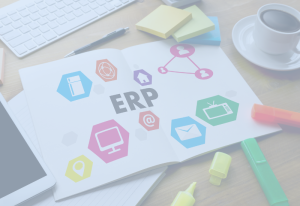
Implementing an ERP system in the cloud has become an increasingly popular choice for businesses in recent years. By using cloud-based ERP, businesses can enjoy several benefits, including increased flexibility, scalability, and accessibility.
One of the key advantages of using cloud-based ERP is the flexibility it provides. Unlike on-premise ERP systems, cloud-based systems can be easily scaled up or down depending on a company’s needs. This allows businesses to adapt to changing market conditions and adjust their systems accordingly without having to invest in expensive hardware or software upgrades.
Cloud-based ERP systems are also highly accessible, as they can be accessed from anywhere with an internet connection. This allows employees to work remotely and collaborate with team members across different locations, improving productivity and efficiency.
Another benefit of using cloud-based ERP is improved data security. Cloud-based systems are typically hosted by third-party providers who are responsible for maintaining the system’s security and ensuring data is backed up regularly. This can help businesses avoid costly data breaches and minimize the risk of data loss or corruption.
Overall, implementing an ERP system in the cloud can provide businesses with several advantages, including increased flexibility, scalability, accessibility, and improved data security. However, it’s important to carefully consider the specific needs of your business and choose a cloud-based ERP provider that can meet those needs effectively.




